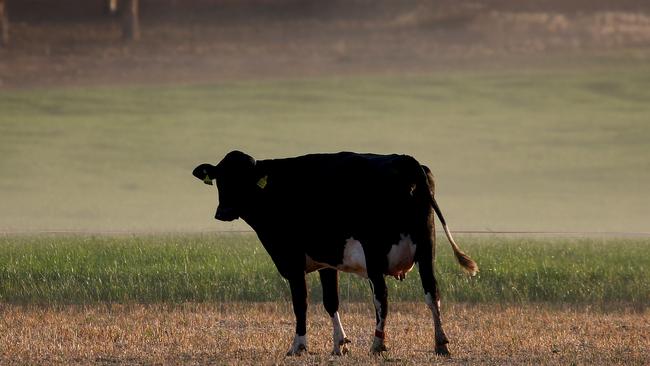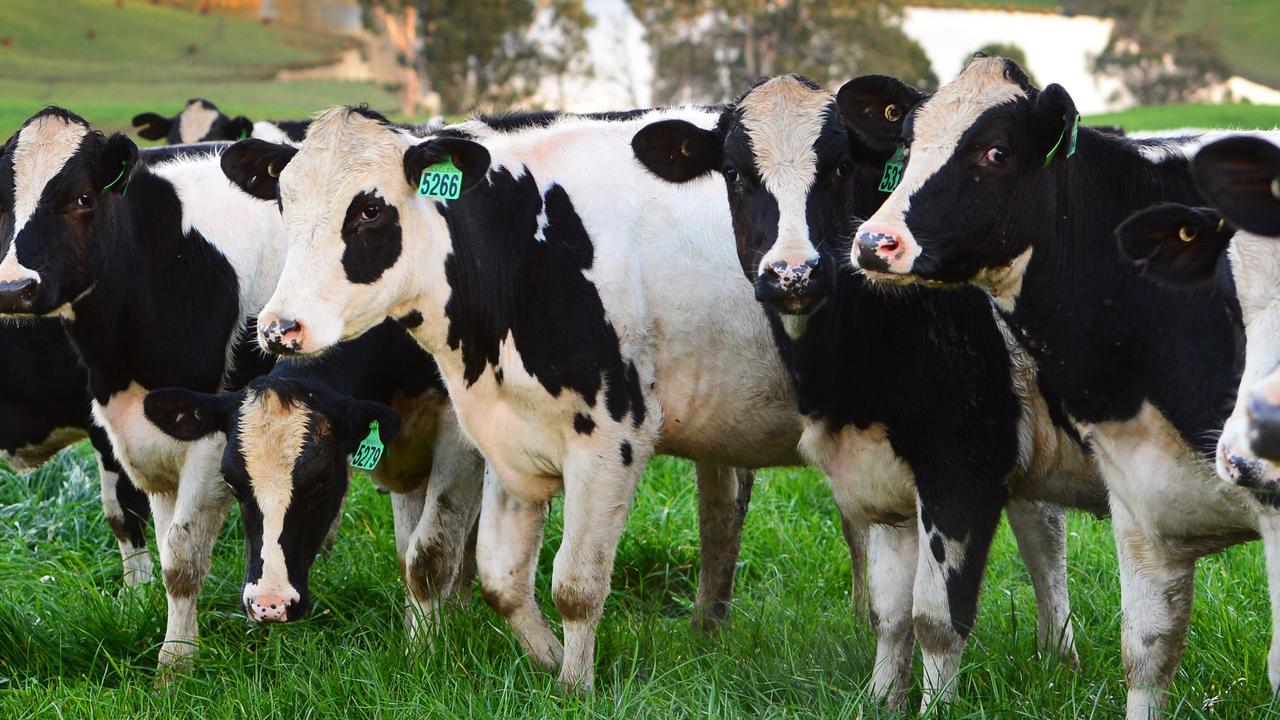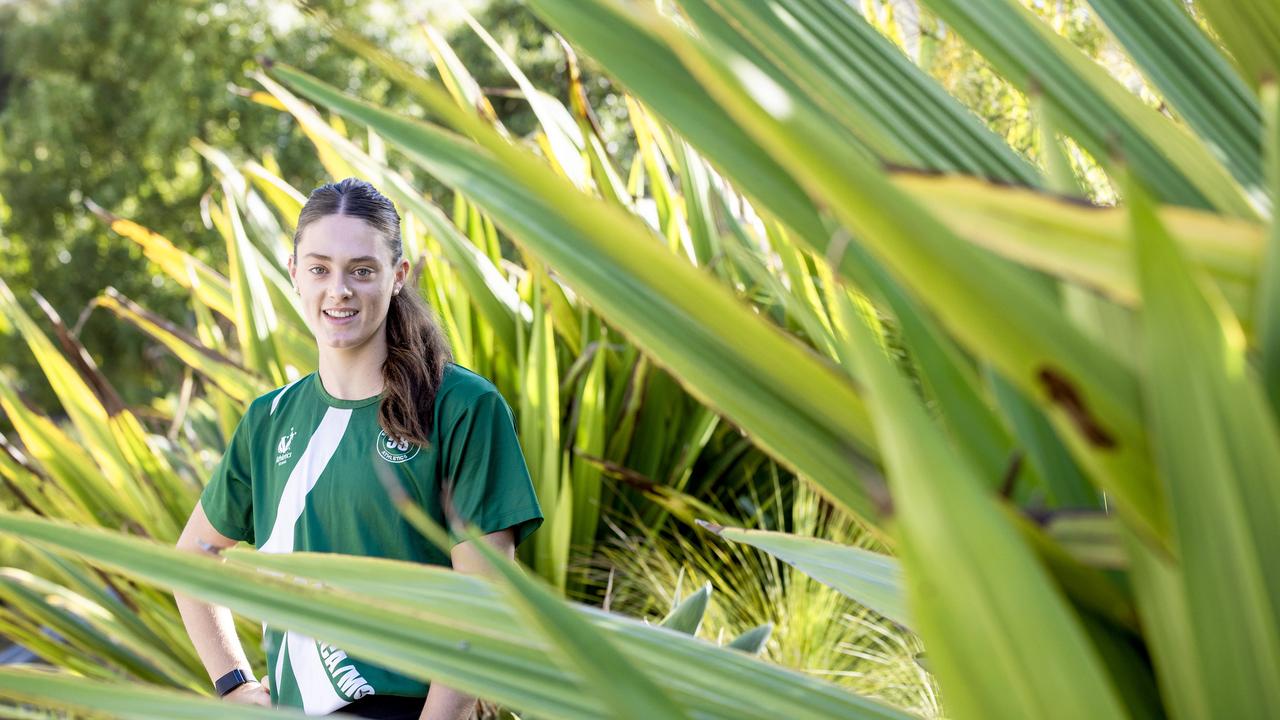2023-24 milk battle: Saputo, Bega and Fonterra tied on price
See the latest opening price offers as processors battle it out to secure supplies from a shrinking Australian milk pool.

1PM THURSDAY
The battle to secure supply in northern Australia has intensified, with Lactalis matching Norco’s record-breaking bid at the farm gate.
Lactalis has raised the price in Queensland and northern NSW to 88.9c per litre, which equates to a rise from $11.37 to $12.17 per kilogram milk solids.
Similarly, in southern NSW, the price has been raised to 85.6c per litre which translates to $11.92/kg milk solids — a lift from the processor’s initial $10.79/kgMS.
In Victoria and Tasmania, the Lactalis price is now $9.28/kgMS, up from $8.72/kgMS on June 1 dairy code deadline day.
Last week, EastAUSmilk chief executive Eric Danzi criticised Lactalis for what he described as a low-ball offer on June 1.
“After dropping the price by 5c per litre (on last year’s figures) initially, they have now lifted by around 6c per litre,” Mr Danzi told The Weekly Times.
“(Lactalis are now) similar to Bega and Norco now, at around 88c per litre for a two-year contract. For a one-year contract, they are only around 86c per litre.”
2.30PM WEDNESDAY, JUNE 7
Australian Dairy Farmers Corporation have lifted their average weighted price to $9.40 per kilogram milk solids in a bid to get ahead of larger rivals.
Only a day after Fonterra lifted its farmgate milk price to around the $9/kg milk solids mark, ADFC management have indicated it would raise its price by more than 30 cents from its June 1 offer.
In a letter to suppliers, ADFC general manager Andrew Sutton said: “The revised price above will be the minimum milk price paid for the 2023/24 season.
“ADFC will continue to monitor pricing movements and update you accordingly.”
ADFC splits its farmgate payment periods into six month increments with the average price at $9/kg from July to December 2023 and $9.80/kg from January to June 2024.
9AM WEDNESDAY, JUNE 7
Australia’s big three dairy processors — Saputo, Bega and Fonterra — are tied on opening season farmgate prices as they battle for supply from a shrinking milk pool.
Canadian dairy giant Saputo initially opened the 2023-24 milk supply season last week with what was the highest farmgate milk price at $9/kg of milk solids as it tried to regain some of the 1.5 billion litres lost since taking over Murray Goulburn in 2018.
Both Bega Cheese and Fonterra opened lower last week, but quickly moved to match Saputo’s price on Tuesday, undermining the big Canadian’s bid to recover three years of losses.
The full impact of losing supply is set to be reflected in Saputo’s full year results, due out this Thursday, given its third-quarter report had already warned “reduced milk availability in Australia negatively impacted export sales volumes as well as efficiencies and the absorption of fixed costs in the Dairy Division (Australia)”.
In response Saputo has tried offering Australian farmers flat milk pricing for the first time and its existing suppliers a growth incentive, in a bid to lift production.
As a result Fonterra lifted the opening price it announced last Thursday from $8.65 to $9/kg of milk solids this week, to protect a supplier base that its spokeswoman said had grown from 15.4 per cent to 17 per cent over the past three seasons – holding steady at 1.4 billion litres.
United Dairyfarmers of Victoria president Mark Billing said this week’s lift was positive news, but he hoped the price would rise back to the current season price of at least $9.50/kg by the end of 2023-24.
“The silly season is upon us and processors are setting their prices to retain milk in shrinking milk pool,” Mr Billing said.
Milk2Market commercial manager Richard Lange said “the expectation was prices would be down 10 per cent” for the coming season, given global markets had dropped 36 per cent since March last year.
“(But) the companies want to be competitive and it will boil down to what they believe they can get out of the domestic market,” Mr Lange said.
“The adjustments this week will be shoring up prices against competitive offers from rivals.”
Milk2Market is due to run milk auctions on June 14 and 28, at which processors and farmers have to lock in contracts, which are likely to give a strong indication of where prices may finally settle.
Farmers have repeatedly told The Weekly Times that Saputo did not want to deal directly with them, instead preferring to use brokers or toll process other companies’ milk to maintain their plants’ throughput.
Mr Billing said the feedback he had received was similar, with a Saputo tanker picking up his milk even though he supplied ACM.
“A big chunk of their (Saputo’s) business is moving milk around,” Mr Billing said. “It would be interesting to understand how much milk is still going through their factories.”
But Saputo Australia supplier relations director Anthony Cook said “we have always valued our direct relationships with Australian farmers and we know they want long-term partners who will support them in tangible ways to adapt to evolving industry and market conditions.”
“While the overall national milk pool has reduced, Saputo Dairy Australia remains confident about the future.”
Mr Billing said opening prices showed the gap was widening between processors who were more exposed to export markets and those reliant on the domestic front.
Region-specific processors such as Bulla, Union Dairy and KyValley have come out with average prices well above the big three.
But in NSW and Queensland, a yawning price gap has appeared between Lactalis and its rival Norco.
The opening figure from Lactalis is more than $1.50/kgMS lower than its rival in some northern regions, which farm lobby leaders claim is below the cost of production.
EastAUSmilk president Matt Trace said the “low-ball figure” from Lactalis had sent shockwaves through the NSW and Queensland dairy sector.
He said Norco had provided confidence with their opening prices compared to Lactalis.
“There’s anger in the northern dairy sector like I’ve never seen before,” Mr Trace said. “There’s concern that this low-ball figure has been put out there by Lactalis and that they’re going to engage in special deals with certain suppliers and leave other suppliers out in the cold.
“Lactalis need to show good will and raise their prices in the coming weeks, before July 1.
“I know in Victoria, there’s a culture of step ups, so farmers don’t sweat over the opening price like they do up here. But there isn’t the culture of step ups in NSW and Queensland, so the price you’ve got in July is the one you’re stuck with.”




